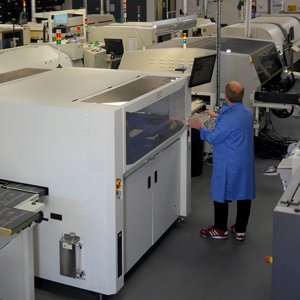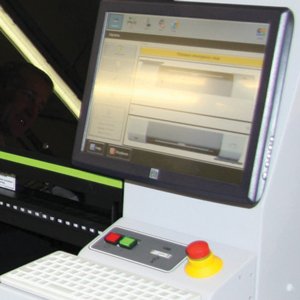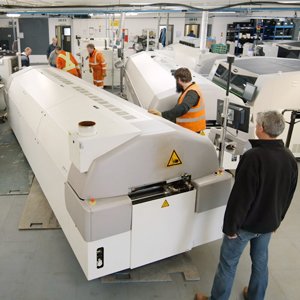Buying British makes sense
Wilson Process Systems explains why moving manufacture back to the UK can have serious benefits.
There are several factors driving the trend towards bringing manufacturing back to the UK: improved quality of products and components, predictable lead-times and delivery dates, fear of counterfeiting, and cost. Another key attraction is the ability to declare products as ‘made in Great Britain'. This was often an important part of the decision to migrate back with both businesses and the public still seeing this as a mark of quality.
In the past 36 months, these forces have seen a reported one in every six companies that have been outsourcing to the Far East, now re- shoring. Apparently that trend is set to continue with another six per cent of businesses that manufacture their products offshore, planning to bring production to the UK.
Re-shoring in practice
Wilson Process Systems (WPS) has seen several customers re-shoring their products, typically reiterating some, or all, of the above reasons as motivation for the move. In response, WPS has been able to improve its ability to be competitive against overseas subcontractors. Improvements have been made in terms of greater productivity and reduced assembly costs, particularly on higher volume products typically manufactured in the Far East. This is thanks to the company’s continuing policy of investment in the latest plant and equipment, particularly in surface mount equipment.
The most recent example of re-shoring success at WPS involved a UK utilities metering company, which originally tendered its manufacturing about five years ago. At this time it invited a tier one offshore manufacturer, WPS in the UK, plus several other subcontractors, to tender. The client’s decision was in favour of the tier one offshore manufacturer, stating cost and kudos as the main influencing factors.
Reviewing costs
At the beginning of 2015, this same company conducted a review and a strategy decision was made to revert to the UK for its supply partner. WPS was invited to revisit its tender, together with five other subcontractors. WPS was successful in its bid to manufacture a core product line, which is expected to run into the tens of thousands of units per year.
Key factors, such as the ability to offer high volume box build and to make direct shipments, were considered to be essential in satisfying future requirements. WPS was able to meet the client’s target cost criteria with only a six per cent premium compared to Far East production, before logistics costs were added to import the printed circuit board assemblies (PCBA).

Time is valuable
In this instance the customer felt the price advantage of manufacturing overseas had been eroded by the reduction in time to market and outweighed by improved flexibility in batch sizes. The ‘made in GB’ tag was also seen as a major benefit in promoting its product to a UK audience.
In effect, the customer felt the tipping point had been reached and the justification for off- shore manufacture had started to wane. The 2015 review highlighted the need for change as the advantages had all but disappeared.
This opportunity has not only given WPS a key role in producing the PCBAs, but by offering a competitive UK supply route has prompted the company to review its operations. It now plans to recruit locally to expand its production facilities into other products. The result: another manufacturer backs the switch back home.





